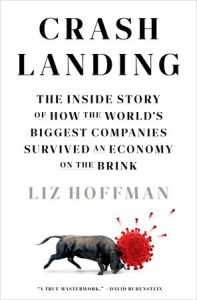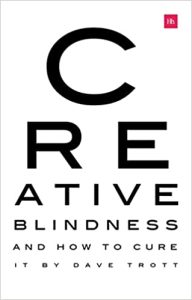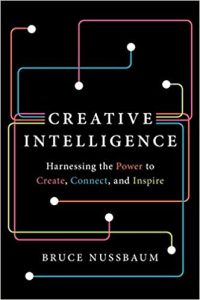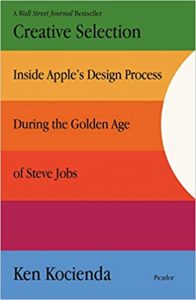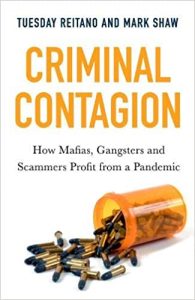Crash Landing
₦10,500.00The world’s most powerful CEOs never saw it coming. In 2018, after a decade-long bull market, the CEO of American Airlines declared, “I don’t think we’re ever going to lose money again.” The U.S. entered March 2020 riding an eleven-year economic high, with unemployment at record lows, the Dow Jones flirting with 30,000, and the good times certain to continue. By the end of the month, ten million people were out of work, iconic firms were begging for bailouts, and countless small businesses were in freefall. Slick consulting teams and country-club connections were suddenly of little use: CEOs were fumbling in the dark, tossing out long-term strategy and making decisions on the fly that, they hoped, might just save them.
In Crash Landing, Liz Hoffman shows how the pandemic set the economy on fire—but if you look closely, the tinder was already there. After 2008, corporate leaders had embraced cheap debt and growth at all costs. Wages went stagnant. Millions were pushed into the gig economy. Companies crammed workers into offices, and airlines did the same with planes. Wall Street cheered on this relentless march toward efficiency, overlooking its collateral damage.
Based on access to an astonishing array of business titans, Crash Landing is Liz Hoffman’s account of the most remarkable year in modern economic history. She takes readers into the beating heart of the twenty-first-century economy, revealing how the pandemic exposed its pressure points. Bankruptcies decimate retail. Banking and pharma rivals team up. Bleeding cash, airlines like Delta weigh safety against survival. An untested White House fumbles for the 2008 playbook. There’s Goldman Sachs’s David Solomon blindsided by a virus in the middle of a high-stakes reinvention; American Airlines’s Doug Parker, shuttling between K Street and the White House, determined to secure a multi-billion-dollar bailout; and Ford’s Jim Hackett, gambling on the switch from cars to ventilators.
In Crash Landing, Hoffman probes the pandemic’s implications for the future of work, corporate leadership, and capitalism itself, asking: Will this remarkable time give rise to newfound resilience, or become just another costly mistake to be forgotten?

